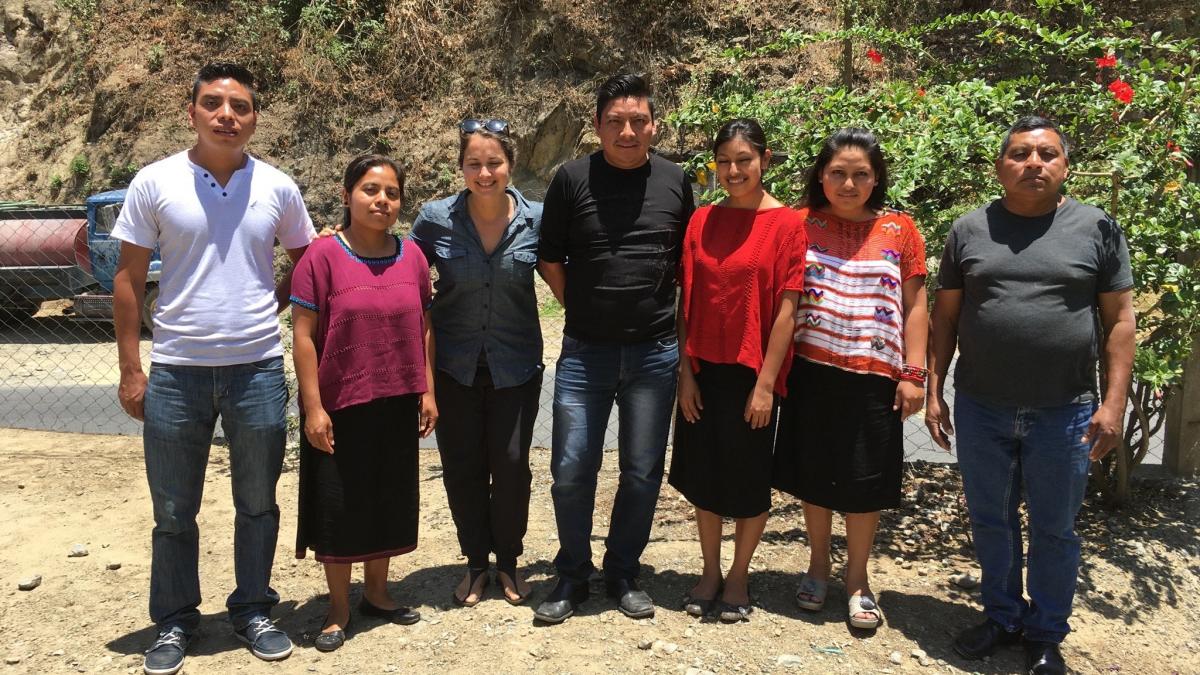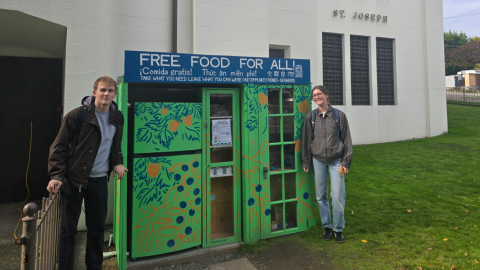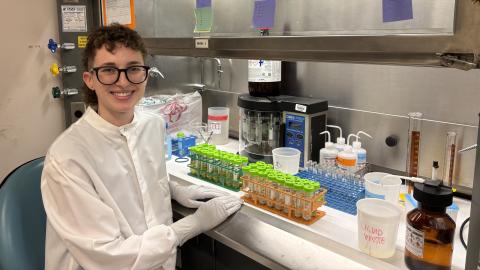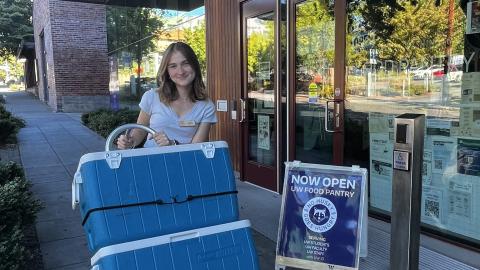Panel on sustainability in coffee and tea industries
Attend a free panel discussion on current developments in the coffee and tea industries focused on creating just and sustainable supply chains that benefit people and the environment.
Brewing Sustainability in the Coffee and Tea Industries
May 18, 2022, 12:30 - 1:30 pm
University of Washington Hans Rosling Center for Population Health, Room 101.
Free, open to all UW faculty, students, staff and community members
Featured panelists include Jeannie Liu of Miro Tea, Brian James of Herkimer Coffee and DEOHS Assistant Teaching Professor Alissa Bilfield.

A new book by University of Washington faculty member Alissa Bilfield examines farmer-led coffee and tea cooperatives to draw lessons on creating more sustainable food supply chains in the global marketplace.
“Brewing Sustainability in the Coffee and Tea Industries: From Producer to Consumer” comes out April 25 from publisher Routledge. Bilfield is an assistant teaching professor in the UW Nutritional Sciences Program and the UW Department of Environmental & Occupational Health Sciences.
While studying malnutrition and food security in Guatemala for her doctoral dissertation, Bilfield connected with local coffee cooperatives led by “coffee widows”—women who became heads of their households when their husbands and other male relatives disappeared during Guatemala’s 36-year civil war.
Bilfield was fascinated by how these fair-trade-certified cooperatives worked and their potential for improving the well-being of the women, children and the environment.
That work led her to consider how sustainable business certifications like the fair-trade designation could help level the playing field for women-led businesses and lead to better health outcomes for vulnerable communities.
Eventually, that idea led her to Sri Lanka, where family-run tea cooperatives worked together in a broader federation promoting organic and environmentally responsible production methods.
Bilfield’s new book compares those two systems and explores how social, economic and environmental shifts toward more sustainable food production practices could lead to more just and sustainable supply chains.
And that, in turn, could lead to more income and opportunities and better health for small-scale farmers and producers, Bilfield said.
For example, the coffee cooperatives and umbrella federation for coffee farmers led to greater income for farmers, more training opportunities, improved coffee production and business diversification, with women branching out into selling coffee saplings and even new products like honey.
Those changes are only going to become more important, Bilfield said, as agricultural production becomes more precarious with the effects of climate change.
“These cooperative structures, along with formalized business designations like organic or fair-trade certification, really are the vehicles to achieving greater sustainability in the production of coffee, tea and other products,” she said.




